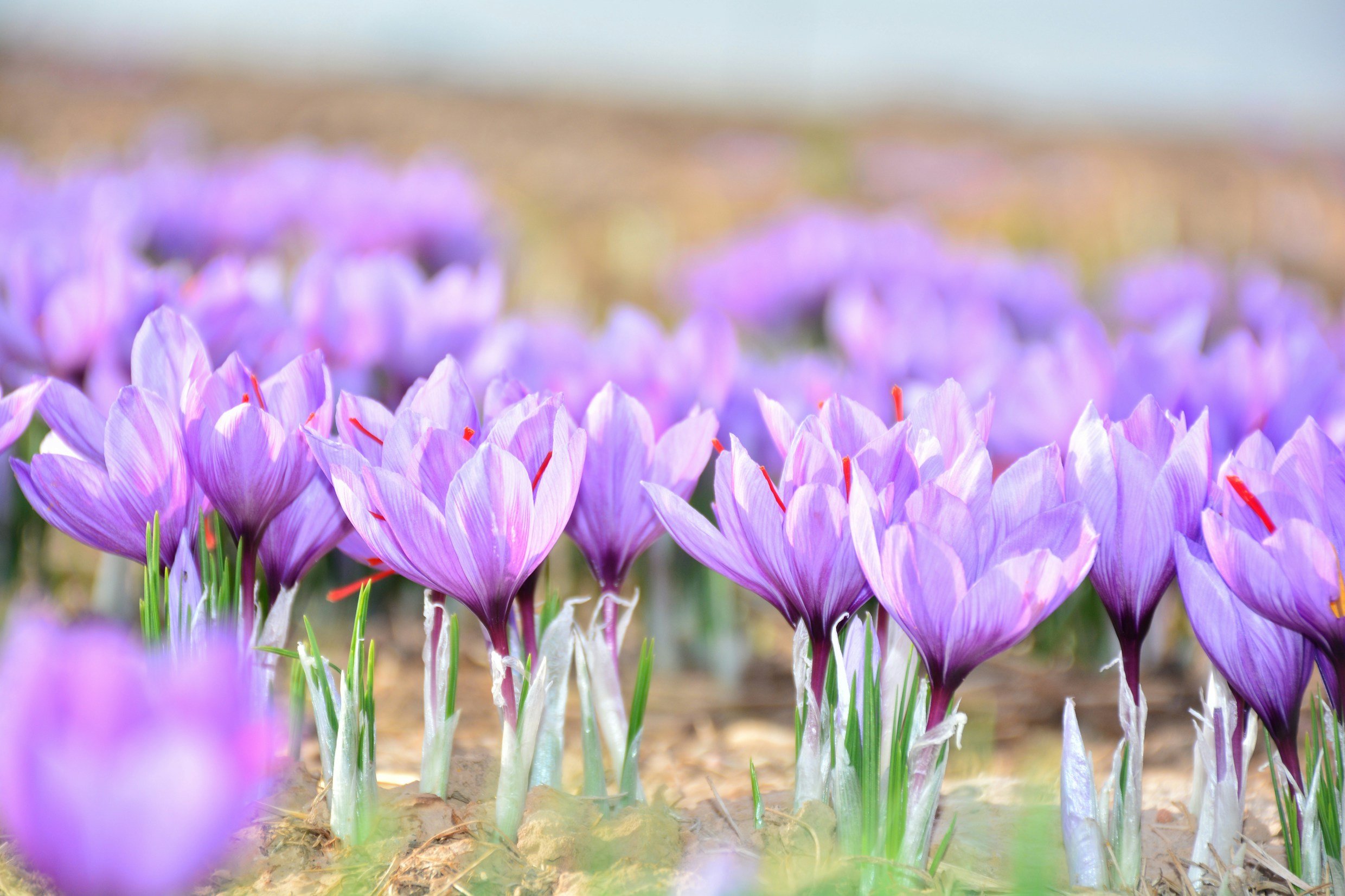What is saffron supplement used for?
When most people think about saffron they think of the bright yellow coloring from the spices used in many dishes such as saffron rice but did you know saffron is an excellent medicinal herb with many health benefits?
Saffron, derived from the flower of *Crocus sativus*, is a highly prized spice known for its unique flavor, aroma, and vibrant color. Beyond its culinary uses, saffron is also valued as a nutritional supplement due to its potential health benefits.
What are the benefits of saffron?
Here are some of the incredible natural benefits of saffron as a nutritional supplement:
1. Saffron is Rich in Antioxidants
- Saffron contains powerful antioxidants like crocin, crocetin, safranal, and kaempferol, which help neutralize free radicals and reduce oxidative stress. This may protect cells from damage and lower the risk of chronic diseases.
2. Saffron is a Mood Enhancement and has Antidepressant Properties
- Studies suggest that saffron may help alleviate symptoms of mild to moderate depression and anxiety. Compounds like safranal and crocin are believed to boost serotonin and other mood-regulating neurotransmitters in the brain.
3. Saffron Supports Brain Health
- Saffron has been shown to improve memory and cognitive function, potentially reducing the risk of neurodegenerative diseases like Alzheimer's. Its antioxidant and anti-inflammatory properties may protect brain cells from damage.
4. Saffron May Reduce PMS Symptoms
- Saffron supplementation has been found to reduce symptoms of premenstrual syndrome (PMS), such as mood swings, irritability, and cramps, likely due to its mood-stabilizing effects.
5. Anti-Inflammatory Properties
The active compounds in saffron have anti-inflammatory effects, which may help reduce inflammation in the body and alleviate conditions like arthritis or inflammatory bowel disease.
6. Supports Heart Health
Saffron may improve heart health by reducing cholesterol levels, lowering blood pressure, and preventing the oxidation of LDL cholesterol, which is a key factor in the development of atherosclerosis.
7. May Aid Weight Management
Some studies suggest that saffron can help reduce appetite and curb cravings, potentially supporting weight loss efforts when combined with a healthy diet and exercise.
8. Saffron for Eye Health
Saffron contains carotenoids that may protect retinal cells and improve vision, particularly in age-related macular degeneration (AMD).
9. Saffron has Potential Cancer-Fighting Properties
- Early research indicates that saffron's antioxidants may inhibit the growth of cancer cells and promote apoptosis (programmed cell death), though more studies are needed.
10. Improves Skin Health
Saffron's antioxidant and anti-inflammatory properties may help improve skin texture, reduce acne, and promote a healthy complexion.
11. May Enhance Libido
Saffron has been traditionally used as an aphrodisiac. Studies suggest it may improve sexual function and libido in both men and women.
12. Blood Sugar Regulation
- Some evidence suggests that saffron may help regulate blood sugar levels, making it potentially beneficial for individuals with type 2 diabetes.
Is it safe to take saffron daily?
Dosage and Safety:
Saffron is generally safe when consumed in moderate amounts (typically 30-50 mg per day). However, high doses (over 5 grams) can be toxic.
Pregnant women should avoid high doses, as it may stimulate uterine contractions.
Always consult a healthcare provider before starting any new supplement, especially if you have underlying health conditions or are taking medications.
Saffron is a versatile and potent nutritional supplement with a wide range of potential health benefits. Its antioxidant, anti-inflammatory, and mood-enhancing properties make it a valuable addition to a healthy lifestyle. However, it should be used in moderation and as part of a balanced diet.
This blog post is for informational purposes only.


